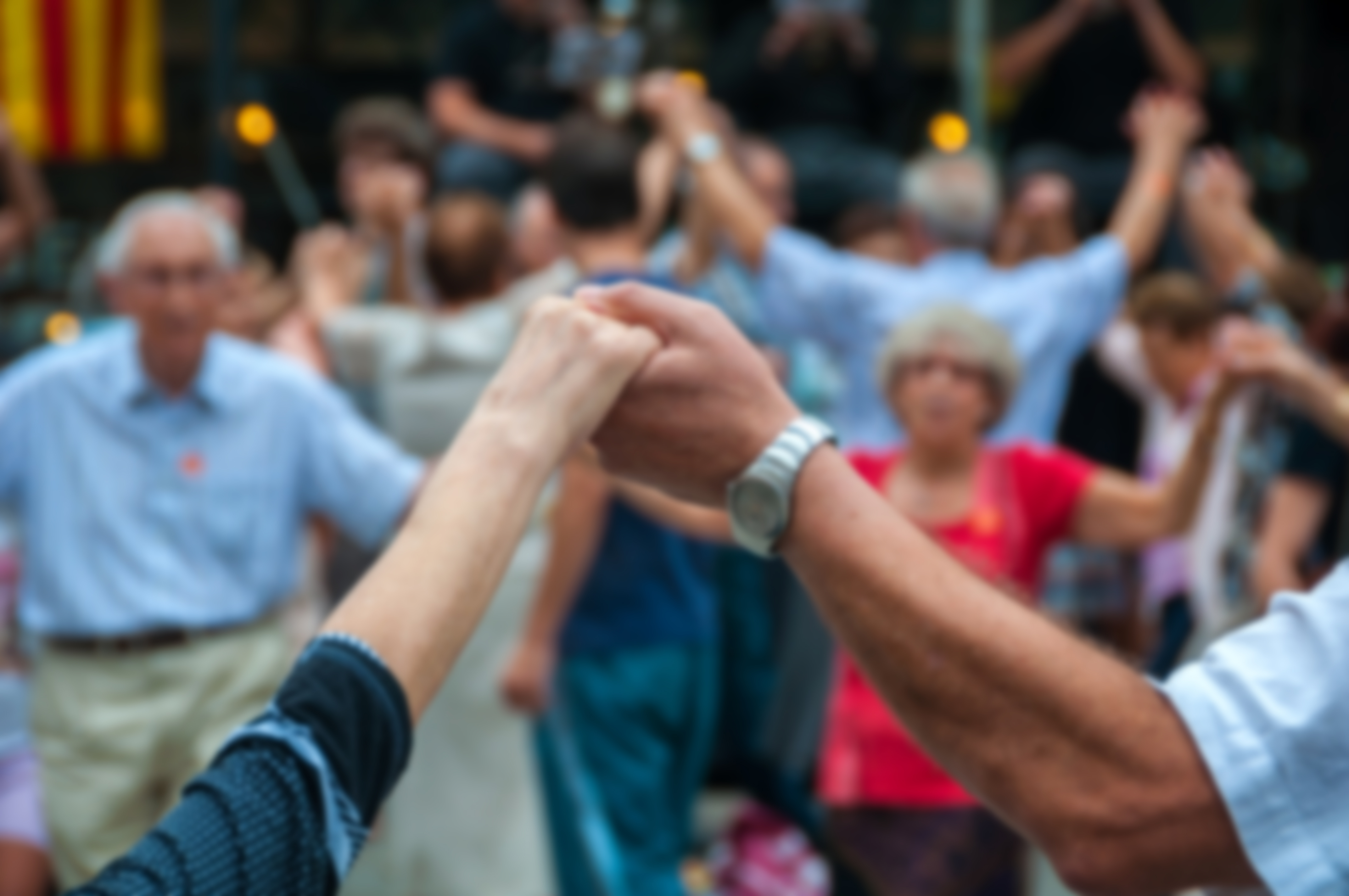
(Vienna, 13 May 2019) People who take regular exercise into old age are better able to cope with everyday activities and for longer, retain their independence and are not reliant on outside help, thereby saving themselves and society the cost of care and support. This is the main finding of a recent study conducted at MedUni Vienna under the supervision of Thomas Dorner und Richard Crevenna with 3,308 Austrian volunteers aged 65 and over.
The study has now been published in the Wiener klinische Wochenschrift [Vienna Clinical Weekly] and presented to mark European Public Health Week, which runs from now until 17 May, in which the Austrian Society of Public Health (ÖGPH), of which Thomas Dorner is President, is heavily involved.
Prolongs independence, enhances self-worth
Everyday activities are generally divided up into ADLs (Activities of Daily Living) and IADLs (Instrumental Activities of Daily Living). ADLs include basic repetitive tasks such as getting up, getting washed and dressed, eating and drinking and going to the toilet independently, while IADLs our activities such as making telephone calls, shopping, cooking, doing the housework and running the household, taking medication correctly and handling monetary transactions.
The published study of over-65-year-olds shows that people who regularly do more exercise cope more easily with these tasks and can manage them independently for longer. Dorner sums up as follows: "People who do the recommended units of exercise each week are three times more likely to be able to manage the ADLs and two times more likely to be able to perform the IADLs." The recommendations are to do muscle strengthening exercises, such as squats with a chair (the classic exercise for elderly people) twice a week or strength training using a Thera band or in a fitness centre plus 150 minutes a week of moderate endurance exercise, such as brisk walking. What does moderate mean? "Walking fast enough so that you can still talk comfortably but no longer sing," says Dorner, who also specifies the extent of the strength training exercises: "Approximately 10 exercises are recommended for the large muscle groups of the body, each exercise being done once initially, gradually increasing to two or three times, performing each exercise so intensely that it is possible to manage approximately 12 – 15 repetitions but no more."
But, in truth, only about one third of the 3,300 Austrian volunteers do the recommended strength training and only around half of the over-65-year-olds complete the required endurance modules – and the experts estimate that these figures are transferable to the rest of Europe. The benefits of exercise are obvious: "People who take regular exercise and do strength training stay more independent, have greater self-worth and so require less support, which is not only beneficial to the individuals concerned but also to society as a whole, because they are not dependent on other people. "Losing your independence triggers a chain reaction of negative consequences – that can lead to isolation," stresses the MedUni Vienna public health expert.
And Richard Crevenna, Head of the Department of Physical Medicine, Rehabilitation and Occupational Medicine at MedUni Vienna, adds: "I never cease to be amazed that – despite the proven benefits of exercise – far too many people continue to do too little physical activity. People of all ages should be more active, so as to stay healthy and independent for longer and remain self-sufficient. There is only one thing we can do: continue to strive towards greater public awareness!"
Excellence in Public Health
With many renowned publications, MedUni Vienna with its Center for Public Health is regarded as a European leader in this field and Thomas Dorner was also invited to write the editorial for the main topic of the Vienna Clinical Weekly. This was entitled "Health-related effects of physical training in the elderly" ("Implementation of patient-centred physical training for elderly people accessing routine health care"). In 2017, Dorner collaborated with MedUni Vienna nutritionist Karin Schindler to produce the guide book on this subject entitled "Health in Old Age, Maintaining Independence, Preventing Frailty”, jointly published by MANZ Verlag and MedUni Vienna (192 pages, ISBN: 978-3-214-08467-7).
Service:
Association between fulfilling the recommendations for health enhancing physical activity with (instrumental) activities of daily living in elderly Austrians. Wiener klinische Wochenschrift.
As part of European Public Health Week, the Austrian Society of Public Health, of which Thomas Dorner is currently President, is regularly publishing news on this topic – which can be found at: https://oeph.at. The 22nd scientific ÖPGH Annual Meeting will also take place on 22 and 23 May 2019. European Public Health Week website: www.eupha.org.